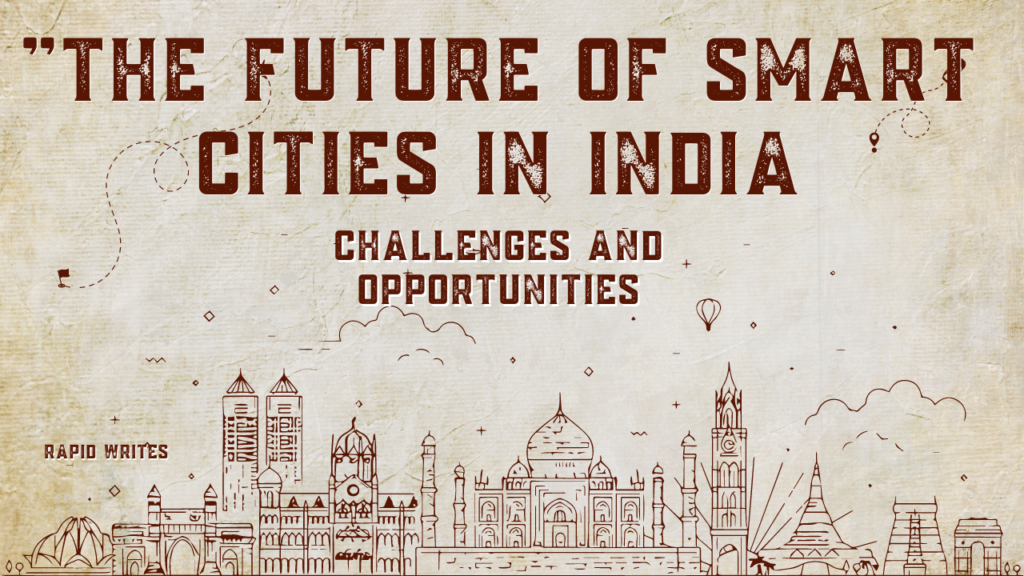Introduction
India’s urban future is poised at the brink of a transformative leap, spearheaded by the ambitious Smart Cities Mission initiated by the government. Aimed at redefining the urban ecosystem through the integration of technology and innovation, this mission seeks to create cities that are not only hubs of economic activity but also bastions of sustainability, efficiency, and inclusivity. As India embraces the challenge of urbanization, the Smart Cities Mission offers a beacon of hope, promising to equip cities with the infrastructure and capabilities needed to thrive in the 21st century.
Defining Smart Cities
At its core, a smart city leverages digital technology and the Internet of Things (IoT) to enhance the quality of urban services, reduce costs, and consume resources efficiently. Beyond the deployment of technology, a smart city embodies the vision of an urban space that fosters economic growth while ensuring environmental sustainability. From intelligent traffic management systems that streamline urban mobility to smart grids that optimize energy consumption, the fabric of a smart city is woven with the threads of innovation.
Opportunities in Indian Smart Cities
Enhanced Urban Mobility
Smart transportation solutions can significantly ease congestion and pollution. Integrating IoT devices for traffic management and prioritizing public transport contribute to more sustainable urban mobility.
Sustainable Resource Management
Smart cities enable efficient resource use through technologies like smart grids and water management systems. This approach promotes environmental sustainability and facilitates the integration of renewable energy sources.
Improved Public Services
The digitization of public services enhances their accessibility and efficiency. From e-governance to smart healthcare and education initiatives, technology can ensure equitable distribution of urban development benefits.
Challenges Facing Smart Cities in India
Infrastructure and Funding
Developing the requisite infrastructure for smart cities demands significant investment and strategic planning. The challenge lies in securing adequate funding and efficiently managing these investments.
Data Privacy and Security
The reliance on data collection and analysis in smart cities raises concerns about privacy and security. Protecting citizen data and ensuring transparency in data use are crucial for maintaining public trust.
Inclusivity and Accessibility
Ensuring that smart city benefits are accessible to all citizens, including those without technology access, is essential. Addressing the digital divide is key to fostering inclusive urban development.
Case Studies of Success
Cities like Pune, Surat, and Bhubaneswar are leading examples of smart city implementation in India. Their success stories, from smart street lighting to integrated traffic management systems, showcase the potential of targeted initiatives to improve urban life.
The Road Ahead
The success of India’s Smart Cities Mission depends on overcoming challenges related to infrastructure, funding, data security, and inclusivity. Addressing these issues is vital for realizing the vision of sustainable, efficient, and inclusive urban centers.
Conclusion
The Smart Cities Mission in India presents a promising pathway toward sustainable urban development. Balancing innovation with inclusivity and sustainability is key to transforming urban centers into smart cities that enhance the quality of life for all residents.



